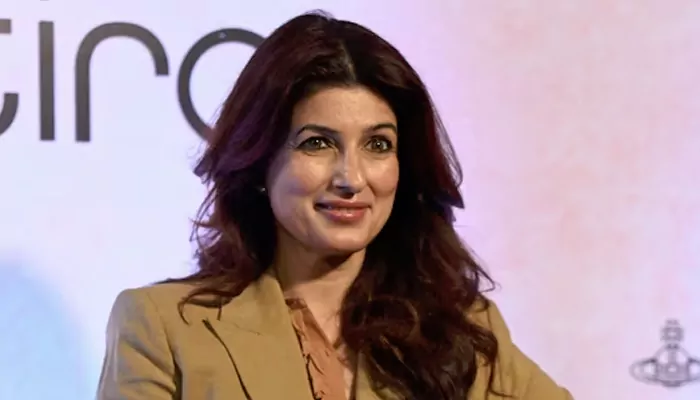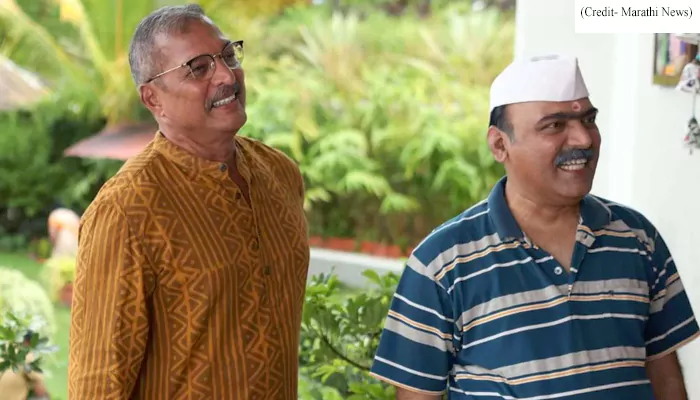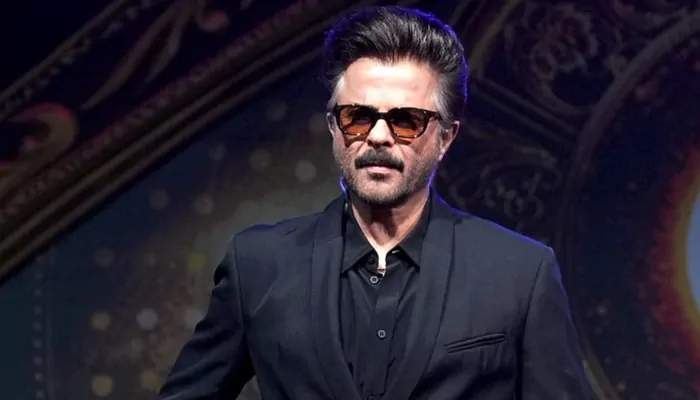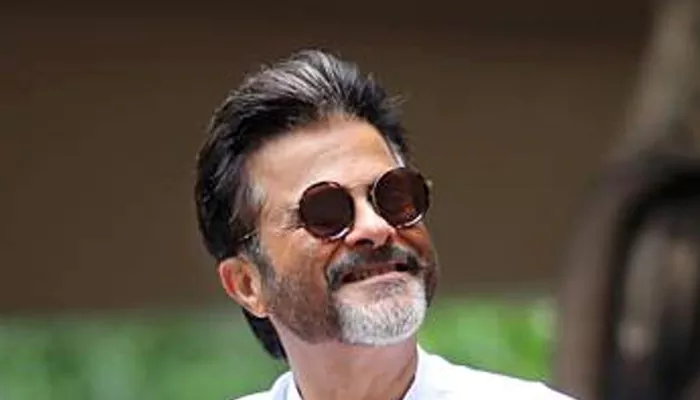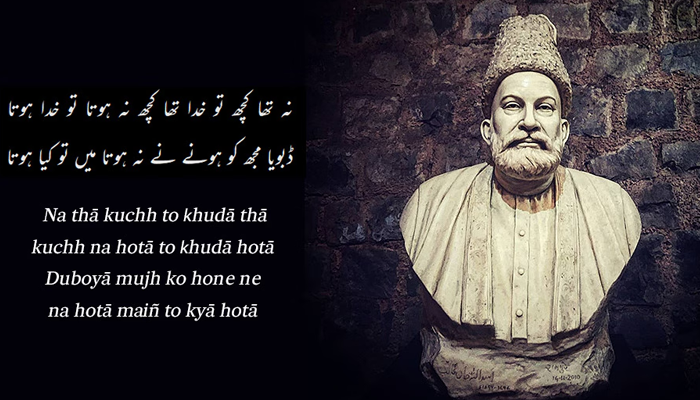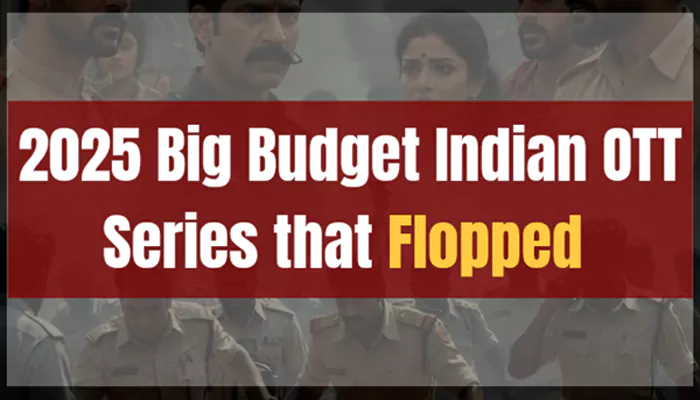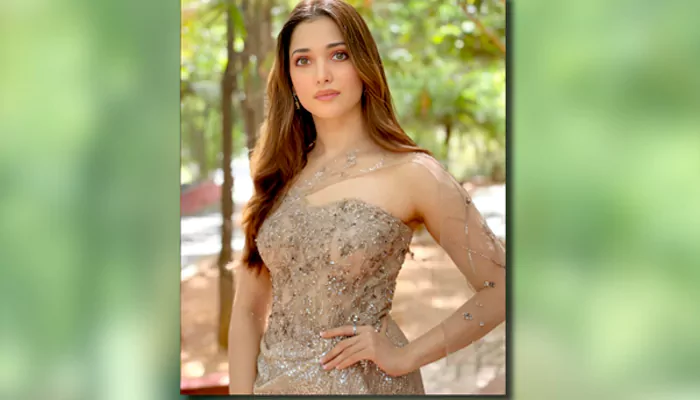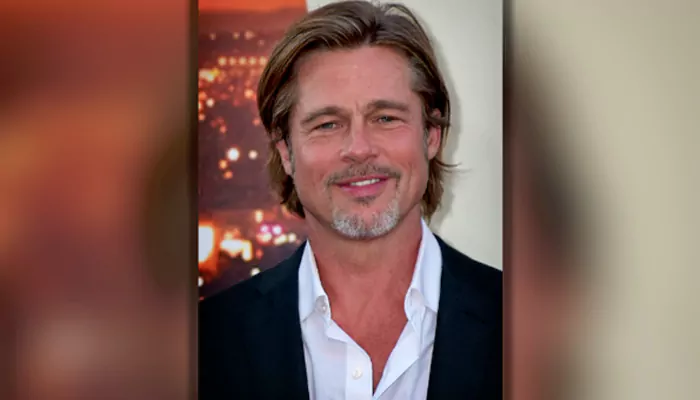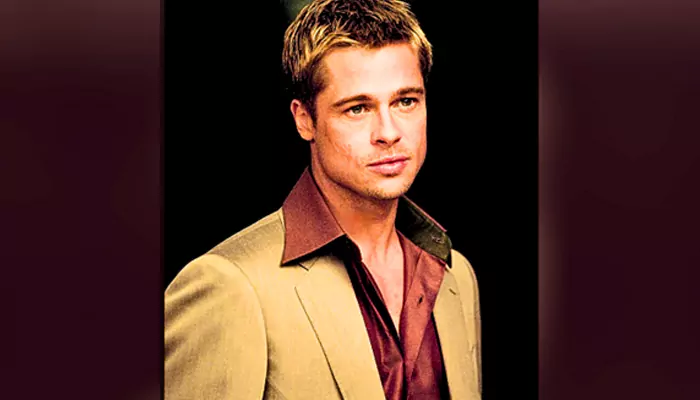Happy Birthday, A. R. Rahman: A Child Prodigy - The Maestro Could Play 4 Keyboards At Once In Childhood
- Sayan Paul
- 11 months ago
- 4 minutes read

Hailed as the "Mozart of Madras", A. R. Rahman is skilled in Carnatic music, Western and Hindustani classical music, and the Qawwali.
It's impossible to articulate why A. R. Rahman's music sounds (or feels) so good. Maybe that is the thing about greatness - you can only experience it, not fully understand it. There's some elusive quality in his music that hits the right chord in our hearts and takes us through a divine experience like no other. The amalgamation of humanity and spirituality comforts us in times of despair, while his technical supremacy leaves us in awe. And as the renowned Australian film director Baz Luhrmann put it, "... the more of AR's music I encountered the more I was to be amazed at the sheer diversity of styles: from swinging brass bands to triumphant anthems; from joyous pop to West-End musicals. Whatever the style, A. R. Rahman's music always possesses a profound sense of humanity and spirit, qualities that inspire me the most."

Born on January 6, 1967, A. R. Rahman is a recipient of six National Film Awards, two Academy Awards, and two Grammy Awards among others. Widely hailed as the "Mozart of Madras", he has totally revolutionized Indian music with his work, taking it to the next level.
(Credit: arrahman)
Today, as the maestro turns 58, we share an interesting fact about him that you probably didn't know.
As A Kid, A. R. Rahman Could Play 4 Keyboards At Once
Well, Rahman was a child prodigy who began learning piano at the age of 4. While growing up, he assisted his father R. K. Shekhar, who was a music composer for Tamil and Malayalam films. At that time, he became famous for his exceptional ability to play four keyboards at once.
When Rahman was just nine years old, his father passed away. Therefore, he had to start working professionally at a very young age. In 1980, at the age of thirteen, he starred in the Doordarshan show 'Wonder Balloon' where he showcased his talent of playing four keyboards at once. This earned him enormous acclaim from every corner of the country.
Pongalo Pongal... courtesy A R Rahman and a very young GV Prakash Kumar, in 1995 :) pic.twitter.com/x42NyymbEx
— Karthik S (@milliblog) January 14, 2022
(Credit: Karthik S)
And that kid grew from strength to strength, enthralling the entire world with his music.
When A. R. Rahman Spoke About His Early Struggle
In an interview with Nasreen Munni Kabir, Rahman spoke about the struggle that he had to deal with after his father's demise. In his words, "Since my father was the only breadwinner in the family, we were faced with a lot of money problems after he died. We had to find a way of surviving. For the first two years, my mother managed to run the house by hiring out the musical equipment that we owned — keyboards and combo organs. In 1978, when I was eleven, I started working as a roadie, setting up our keyboards for other musicians."
AR Rahman in rare childhood photo with his mentor MK Arjunan.
— Film History Pics (@FilmHistoryPic) January 6, 2021
Happy Birthday @ARrahman 💐
Mozart of Madras, winner of every coveted award. pic.twitter.com/NBfpWs7WP6
(Credit: Film History Pics)
"I started working as a keyboard player. I was about twelve. For almost ten years, from 1979, I worked as a session musician with almost every music director in the South. I played the keyboards in the film orchestras of many famous and popular composers, including Mr. Ilayaraja, Raj-Koti, and the Kannada composer Vijaya Anand."
Some Other Interesting Facts To Know
He was once part of a band in Chennai, named Nemesis Avenue, with his childhood friends.
For his debut film 'Roja', he received a remuneration of Rs 25,000. If reports are to be believed, he now charges Rs 10 to Rs 12 crore per film project.

During his early career, he worked with composers such as Ilaiyaraaja, M. S. Viswanathan, Vijaya Bhaskar, Ramesh Naidu, Hamsalekha, Raj–Koti, and Vijay Anand.
Happy Birthday, Rahman Sir. Your Music Saved Us!

